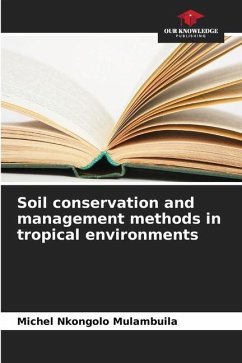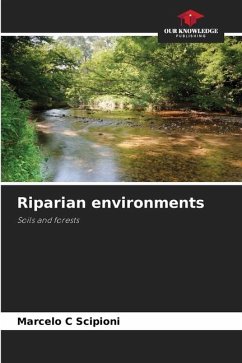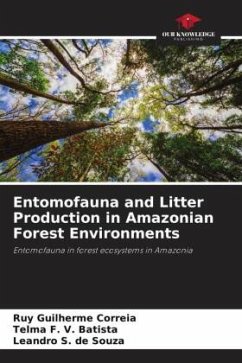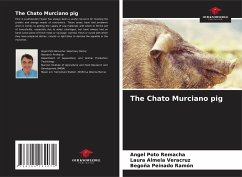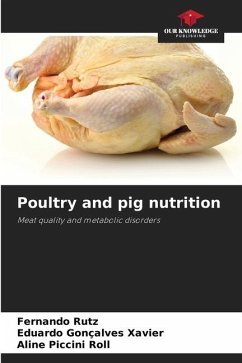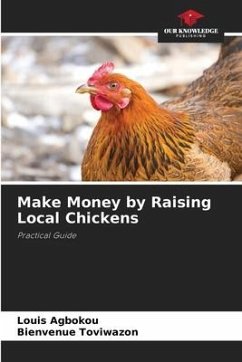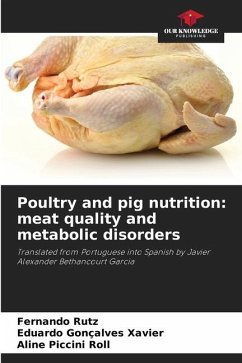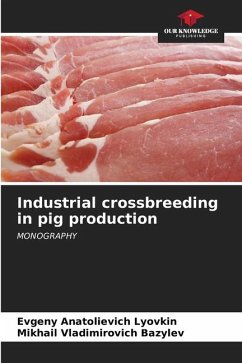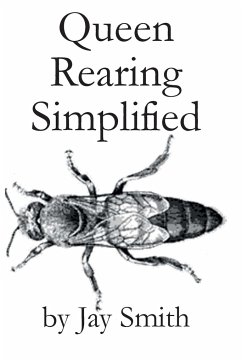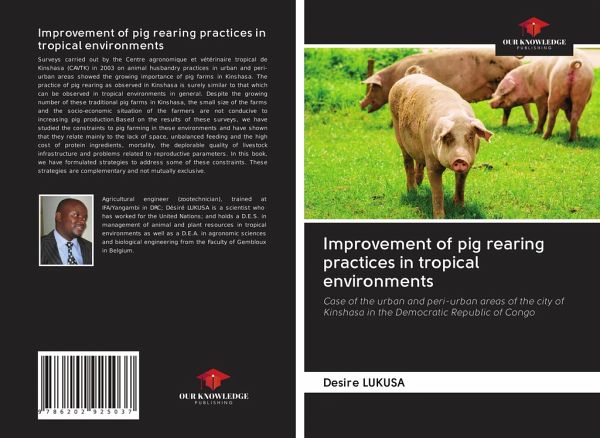
Improvement of pig rearing practices in tropical environments
Case of the urban and peri-urban areas of the city of Kinshasa in the Democratic Republic of Congo
Versandkostenfrei!
Versandfertig in 1-2 Wochen
18,99 €
inkl. MwSt.

PAYBACK Punkte
9 °P sammeln!
Surveys carried out by the Centre agronomique et vétérinaire tropical de Kinshasa (CAVTK) in 2003 on animal husbandry practices in urban and peri-urban areas showed the growing importance of pig farms in Kinshasa. The practice of pig rearing as observed in Kinshasa is surely similar to that which can be observed in tropical environments in general. Despite the growing number of these traditional pig farms in Kinshasa, the small size of the farms and the socio-economic situation of the farmers are not conducive to increasing pig production.Based on the results of these surveys, we have studie...
Surveys carried out by the Centre agronomique et vétérinaire tropical de Kinshasa (CAVTK) in 2003 on animal husbandry practices in urban and peri-urban areas showed the growing importance of pig farms in Kinshasa. The practice of pig rearing as observed in Kinshasa is surely similar to that which can be observed in tropical environments in general. Despite the growing number of these traditional pig farms in Kinshasa, the small size of the farms and the socio-economic situation of the farmers are not conducive to increasing pig production.Based on the results of these surveys, we have studied the constraints to pig farming in these environments and have shown that they relate mainly to the lack of space, unbalanced feeding and the high cost of protein ingredients, mortality, the deplorable quality of livestock infrastructure and problems related to reproductive parameters. In this book, we have formulated strategies to address some of these constraints. These strategies are complementary and not mutually exclusive.



